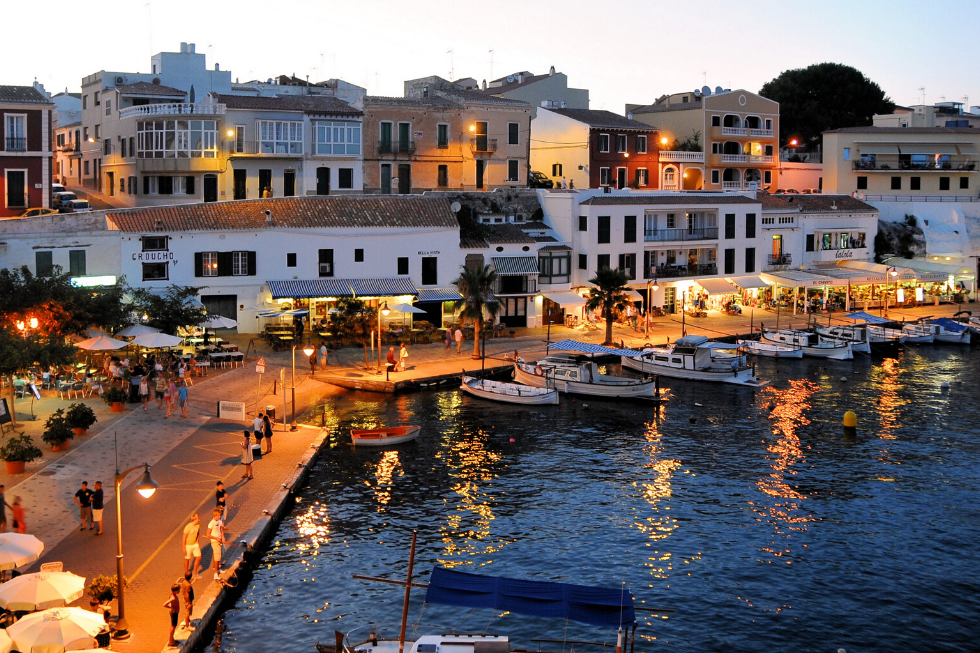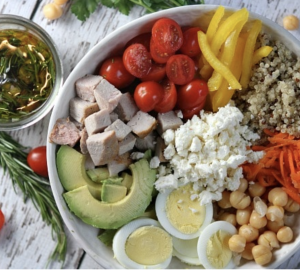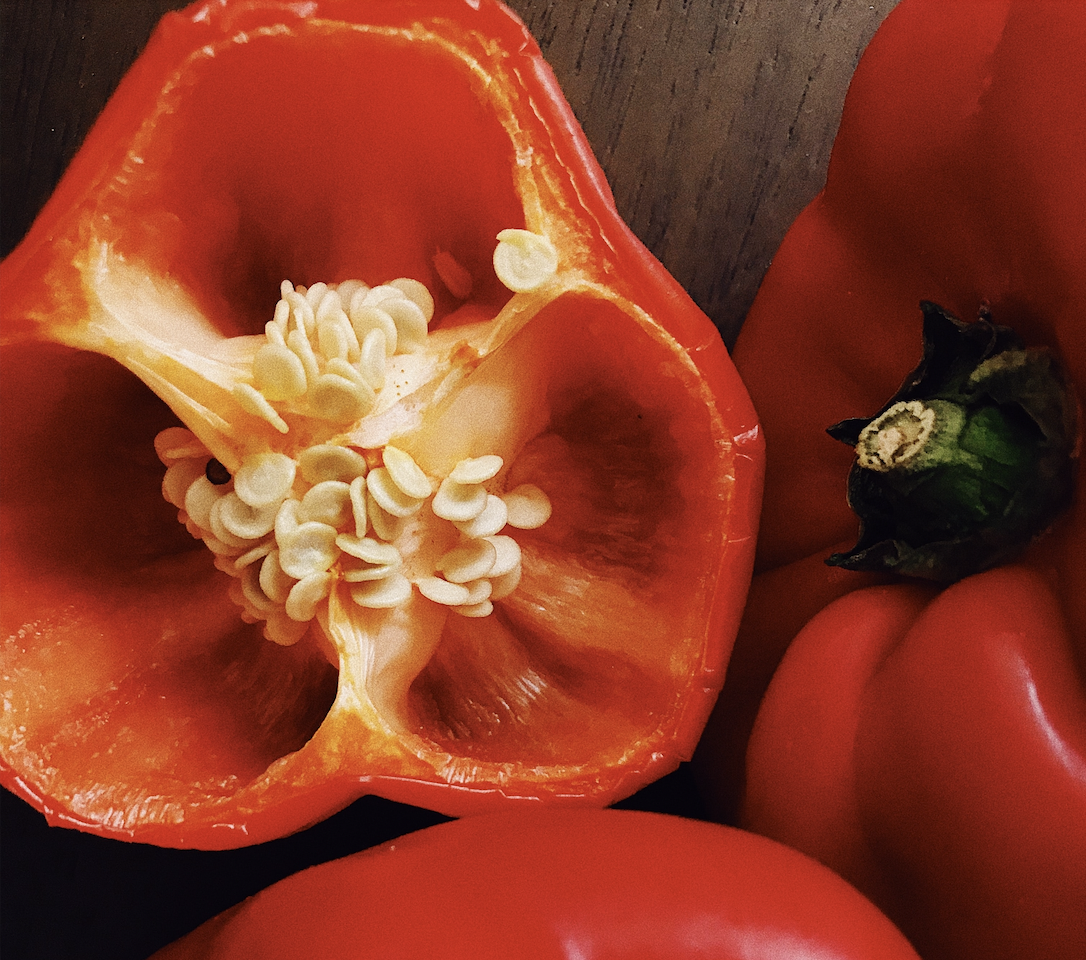Have you ever noticed that your mood affects your choice in food? But how can food, in turn, affect mood?
Let’s focus on the increasingly popular Mediterranean diet – traditional to those around the Mediterranean Sea and praised for its proposed health benefits. Recent research has revealed that people with the highest adherence to the Mediterranean diet over a period of time have lower odds for developing depression compared to those with lower adherence. Therefore, this begs the question, what exactly is the Mediterranean diet?
This exotic sounding diet is rich in fruit, vegetables, nuts, seeds, legumes, grains, fish, and olive oil as well as red wine consumed in moderation. But why is this diet seen as beneficial? These foods are generally abundant in beneficial fats, polyphenols and fibre, with more protein coming from vegetables rather than animals.
But how can food influence your mood?
Our large intestine is home to masses of bacteria and other microorganisms and is commonly termed the gut microbiome. Within this community of bacteria live species that can break down fibre and generate short chain fatty acids (SCFAs). These helpful substances can play various roles in our health and wellbeing and possibly how we are feeling every day.
We’ve all heard of serotonin, but serotonin is a chemical that can have many functions in the body as well as being thought of as a natural mood stabiliser. It helps us to feel happier, calmer and less stressed and anxious. The positive is that some of the SCFAs produced within the gut microbiome can stimulate our gut cells to produce serotonin. Almost 90% of serotonin is produced in our gut, therefore, if we consume adequate amounts of fibre in our diet, we can theoretically optimise the production of SCFAs and ultimately our serotonin levels.
Consuming a high-fibre plant-based diet with as much variety as possible contributes a diverse range of prebiotics to help nourish our friendly gut bacteria. When the beneficial bacteria in our gut are thriving, they tend to help us thrive too.

Olive Oil Roasted Salmon with Vegetables: Recipe here
Top five prebiotic-rich foods that won’t break the bank
- Rye – why not try some rye bread or crackers with your lunch?
- Cooked and cooled potatoes – think potato salad!
- Fruit – eat seasonally for more affordable and diverse options!
- Oats – why not mix up your breakfast choices with some rolled oats?
- Nuts – try a selection of nuts as a snack or in a summer salad!
High-fibre Mediterranean meal ideas
Breakfast
Toasted multigrain bread with avocado, hummus, sliced tomato and olives with a boiled egg and some fetta on top.
Lunch
Spiced lentil and chickpea patties with Greek salad.
Dinner
Baked salmon with roasted baby potatoes, eggplant, capsicum, zucchini and steamed broccoli.
*These items may vary. This meal plan is dependent on food intolerances, recipes and serve size.
Christine Stewart
Christine is a Nutritionist and registered nurse. Christine currently works as a Microbiome Coach and Nutritionist with a passion to educate and support positive eating behaviours that lead to good gut health. I’m fascinated by the relationship between our microbiomes and various health conditions and enjoy learning how dietary changes can impact our gut flora and their metabolites. Christine also enjoys writing evidence-based articles to help promote healthy eating habits across the lifespan.




